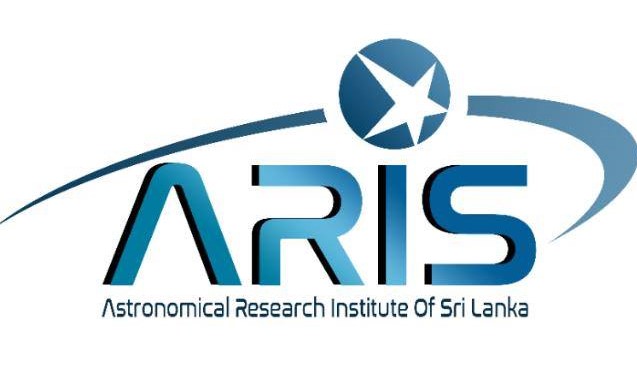Astronomical Research Institute, Sri Lanka
"THE NEW GENERATION OF SRI LANKAN ASTRONOMY"
Astronomical Research Institute, Sri Lankais functioned under Celestia Group. We are the most qualified and most experienced Astronomical institute in Sri Lanka. We provide data analysis and research opportunities for our members and network, combining with leading international research institutes. We organize astronomical training programmes, night camps, workshops, stargazing events, public outreach programmes and any technical or enthusiastic sessions related to Astronomy. sponsorship and endorsement of international astronomical organizations. Our team is committed for the continuous improvement of Astronomy and Space science sectors in Sri Lanka by making young astronomers, required for the development of Science and technology fields in the Nation.
Now you can, Become a member of ARIS..!
Astronomical Research Institute Sri Lanka
Astronomical Research Institute, Sri Lankais functioned under Celestia Group. We are the most qualified and most experienced Astronomical institute in Sri Lanka. We provide data analysis and research opportunities for our members and network, combining with leading international research institutes. We organize astronomical training programmes, night camps, workshops, stargazing events, public outreach programmes and any technical or enthusiastic sessions related to Astronomy. sponsorship and endorsement of international astronomical organizations. Our team is committed for the continuous improvement of Astronomy and Space science sectors in Sri Lanka by making young astronomers, required for the development of Science and technology fields in the Nation.

OUR VISION
To enrich Sri Lankan young generation with Astronomical knowledge to make young astronomers required for the development of Science and Technology fields in Sri Lanka.
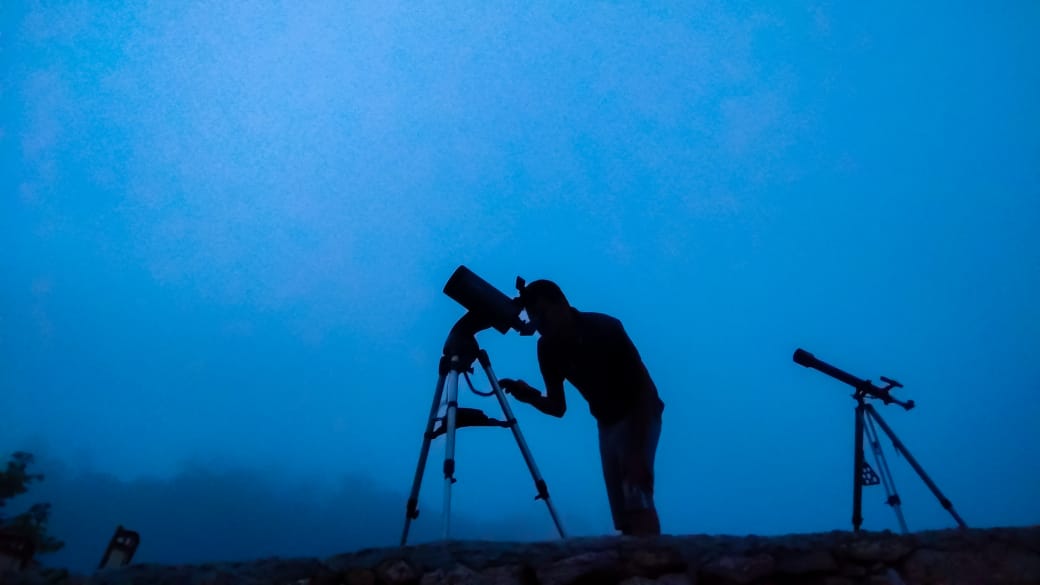
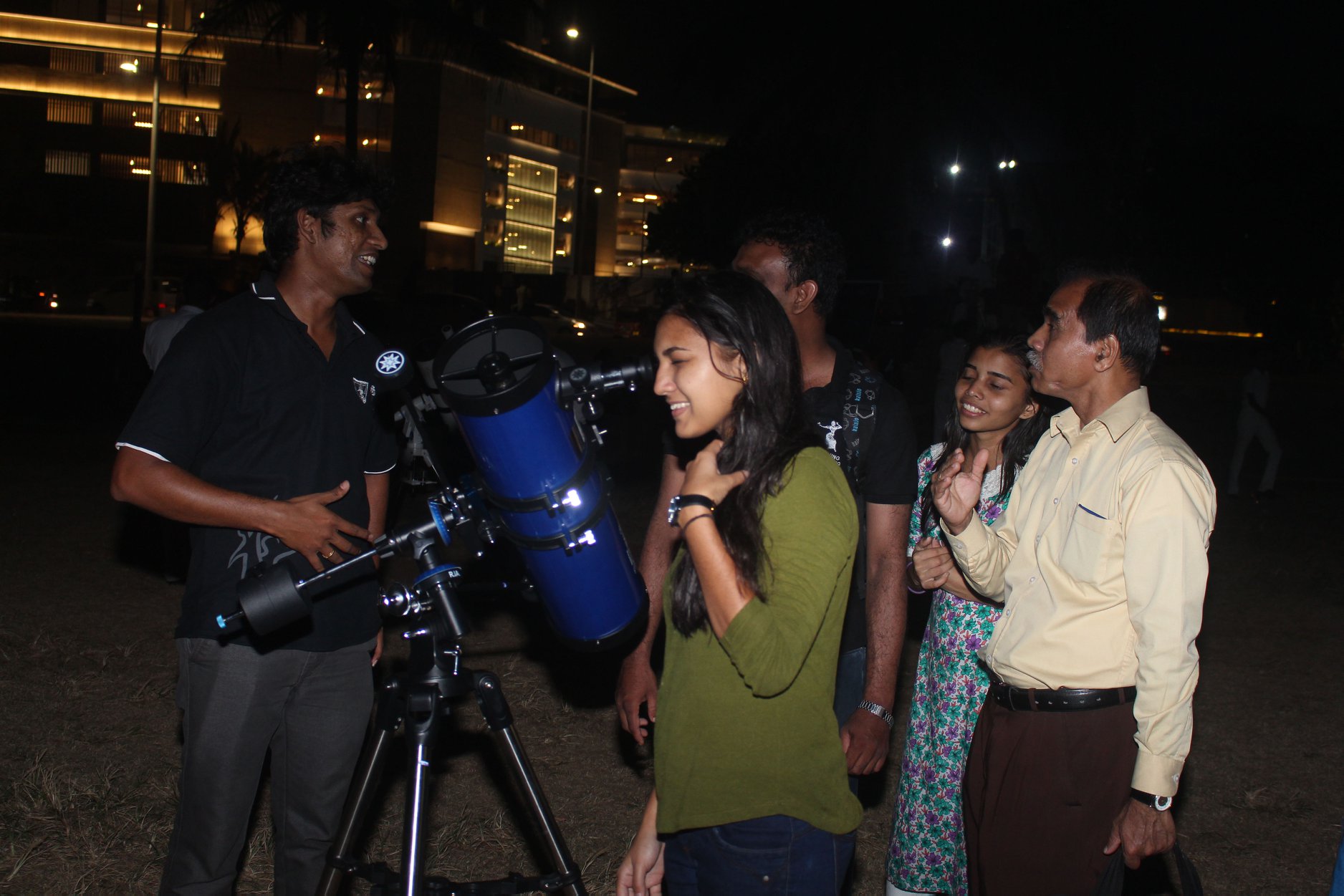
OUR MISSION
Planning, organizing and conducting Astronomical activities including research programmes, workshops, training programmes, night-sky observation camps, Astrophotography sessions, public outreach programmes, stargazing events, knowledge sharing sessions and distribution of high quality Astronomical equipments and resources, engaging with leading international Astronomical institutions for the development of Astronomy and Space science related knowledge of Sri Lankans.

Our Team
Management Committee
Eranga Jayashantha
President of ARIS, B.Sc (Hons.) special degree in Microbiology
Graduated from 34th ISYA (IAU) in Modern Astronomy & Astrophysics at NARIT - Thailand, Honorable mention Diploma in Astronomy and Astrophysics (IOAA-China), Former NPoC for Sri Lanka at Space Generation Advisory Council (UN) Former trainer and lecturer for Sri Lanka Astronomy and Astrophysics Olympiad at IPSL.
Yasith Ramawickrama
NPoC for Sri Lanka at SGAC and Secretary of ARIS
Yasith was the NPoC for Sri Lanka at Space Generation Advisory Council (SGAC). He starts his Astronomy education, when he was at grade 6 in Mahinda College, Galle and since then he representing Sri Lanka in various Space Science and Astronomy congresses, workshops and Summer Schools all over the World. More recently he led the 5th Asia- Pacific Region Space Generation Workshop, 2018 (5th AP-SGW) in Singapore and joined as a Summer Researcher in Astronomy at Leiden University, The Netherlands.
Amila Karunaranthe
Joint Major in Electronics and Computer Science, Wayamba University of Sri Lanka
Amila is an Applications Engineer. He was a bronze medalist in 2010 SLOAA. Apart from astronomy, he is also a licensed amateur radio operator. He is experimenting in radio astronomy where the both areas intersects.
Pulasthi Kanattage
B.Sc. Surveying Sciences (Speacialization Remote Sensing & Photogrammetry), Event Coordinator of ARIS
Pulasthi is a well known name in Sri Lankan Astronomy, He founded Ahasa Magazine in early 2000 to improve astronomical knowaledge amoung young Sri Lankans. He is also very talented astrophotograper. and former president of AAA
Sankha Karunasekara
BSc Engineering (Hons) Specialized in Computer Engineering,Research Coordinator of ARIS
Apart from being a Computer Engineer Sankha has equally excelled in Astronomy and Astrophysics. He Represented Sri Lanka in 4th International Astronomy and Astrophysics Olympiad (IOAA) held in Beijing China, and he is also two time gold medalist in SLOAA. in Last decade Sankha has actively engaged in conducting lectures, organizing night camps and other astronomical activities around the Island to improve astronomy knowledge of young Sri Lankans.
Dr Sithum Gunarathne
MBBS, University of Colombo, Chief Organizer of ARIS
Sithum is a Medical officer, graduated with MBBS degree from Faculty of Medicine, University of Colombo, Sri Lanka.
Harshana Jayarathne
Bachelor of Law, Law College Sri Lanka. Legal Officer
Silver medalist at SLOAA competition in 2012, former president of AAA
Harsha Premachandra
Editor at ARIS
Diploma in Journalism (University of Colombo), HND In advertising and Multimedia (NIBM)
Eranga Jayashantha
President of ARIS, B.Sc (Hons.) special degree in Microbiology
Graduated from 34th ISYA (IAU) in Modern Astronomy & Astrophysics at NARIT - Thailand, Honorable mention Diploma in Astronomy and Astrophysics (IOAA-China), Former NPoC for Sri Lanka at Space Generation Advisory Council (UN) Former trainer and lecturer for Sri Lanka Astronomy and Astrophysics Olympiad at IPSL.
Yasith Ramawickrama
NPoC for Sri Lanka at SGAC and Secretary of ARIS
Yasith was the NPoC for Sri Lanka at Space Generation Advisory Council (SGAC). He starts his Astronomy education, when he was at grade 6 in Mahinda College, Galle and since then he representing Sri Lanka in various Space Science and Astronomy congresses, workshops and Summer Schools all over the World. More recently he led the 5th Asia- Pacific Region Space Generation Workshop, 2018 (5th AP-SGW) in Singapore and joined as a Summer Researcher in Astronomy at Leiden University, The Netherlands.
Amila Karunaranthe
Joint Major in Electronics and Computer Science, Wayamba University of Sri Lanka
Amila is an Applications Engineer. He was a bronze medalist in 2010 SLOAA. Apart from astronomy, he is also a licensed amateur radio operator. He is experimenting in radio astronomy where the both areas intersects.
Pulasthi Kanattage
B.Sc. Surveying Sciences (Speacialization Remote Sensing & Photogrammetry), Event Coordinator of ARIS
Pulasthi is a well known name in Sri Lankan Astronomy, He founded Ahasa Magazine in early 2000 to improve astronomical knowaledge amoung young Sri Lankans. He is also very talented astrophotograper. and former president of AAA
Sankha Karunasekara
BSc Engineering (Hons) Specialized in Computer Engineering,Research Coordinator of ARIS
Apart from being a Computer Engineer Sankha has equally excelled in Astronomy and Astrophysics. He Represented Sri Lanka in 4th International Astronomy and Astrophysics Olympiad (IOAA) held in Beijing China, and he is also two time gold medalist in SLOAA. in Last decade Sankha has actively engaged in conducting lectures, organizing night camps and other astronomical activities around the Island to improve astronomy knowledge of young Sri Lankans.
Dr Sithum Gunarathne
MBBS, University of Colombo, Chief Organizer of ARIS
Sithum is a Medical officer, graduated with MBBS degree from Faculty of Medicine, University of Colombo, Sri Lanka.
Harshana Jayarathne
Bachelor of Law, Law College Sri Lanka. Legal Officer
Silver medalist at SLOAA competition in 2012, former president of AAA
Harsha Premachandra
Editor at ARIS
Diploma in Journalism (University of Colombo), HND In advertising and Multimedia (NIBM)

Resource Persons and Contributors
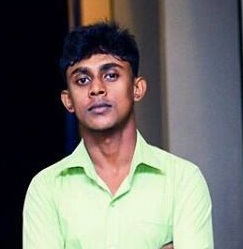
Lahiru Sandaruwan
ARIS Contributor and Resource Person
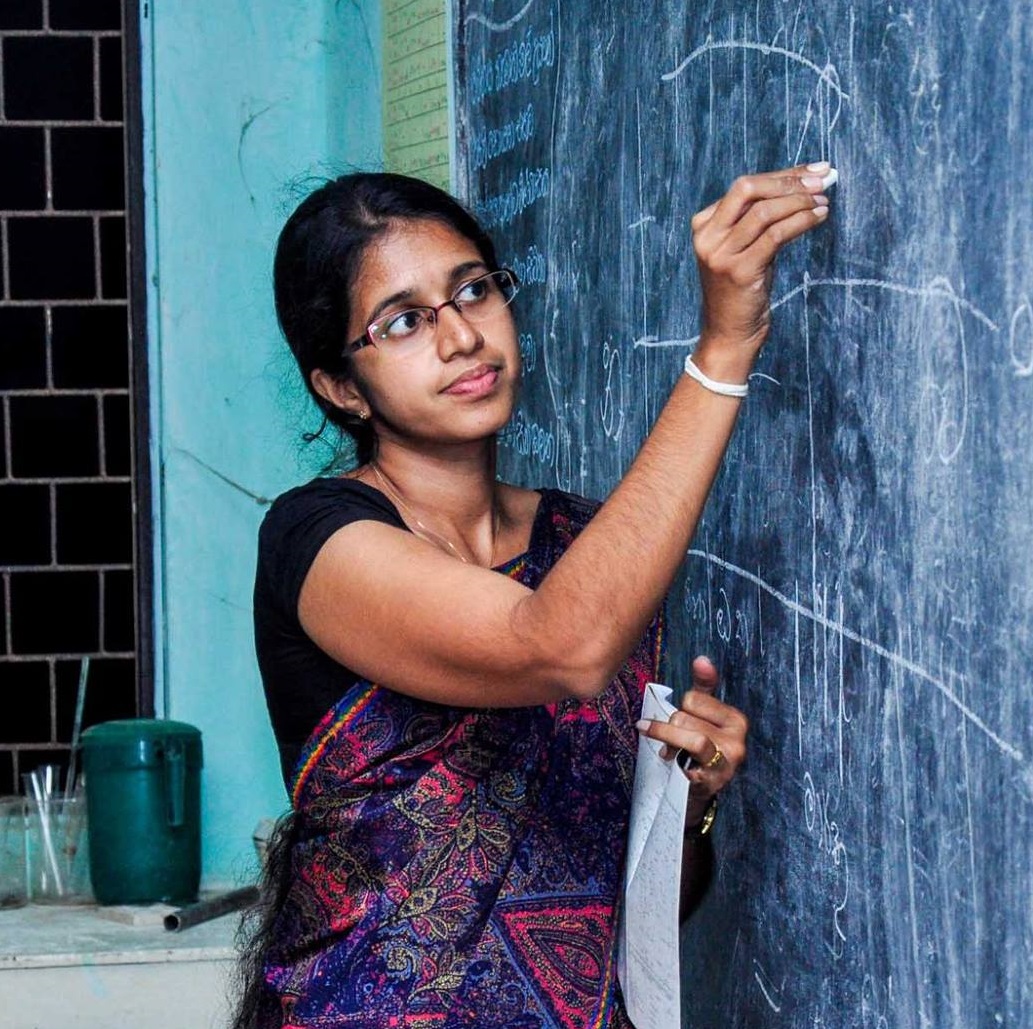
Sama Mayadunne
ARIS Contributor, Resource Person and Research Team Member
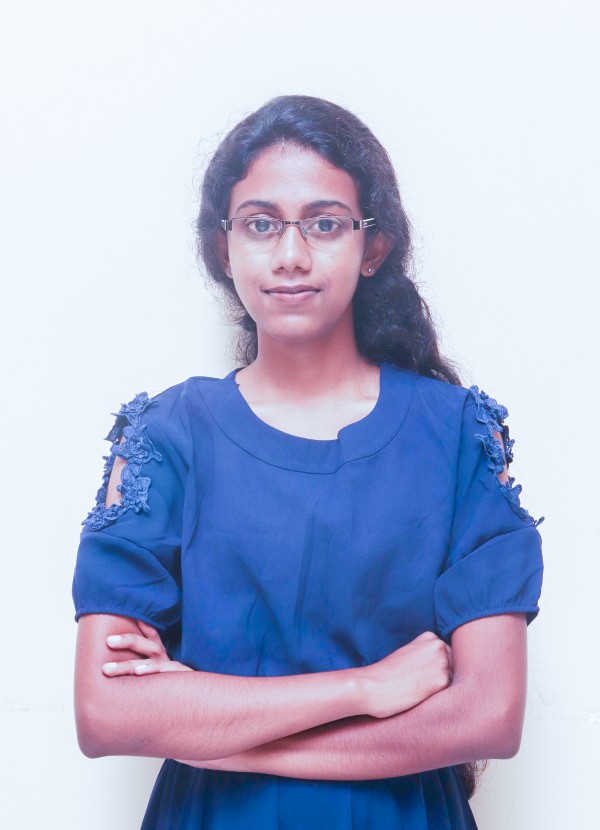
Vishwa Jeewanthi
ARIS Contributor and Research Team Member
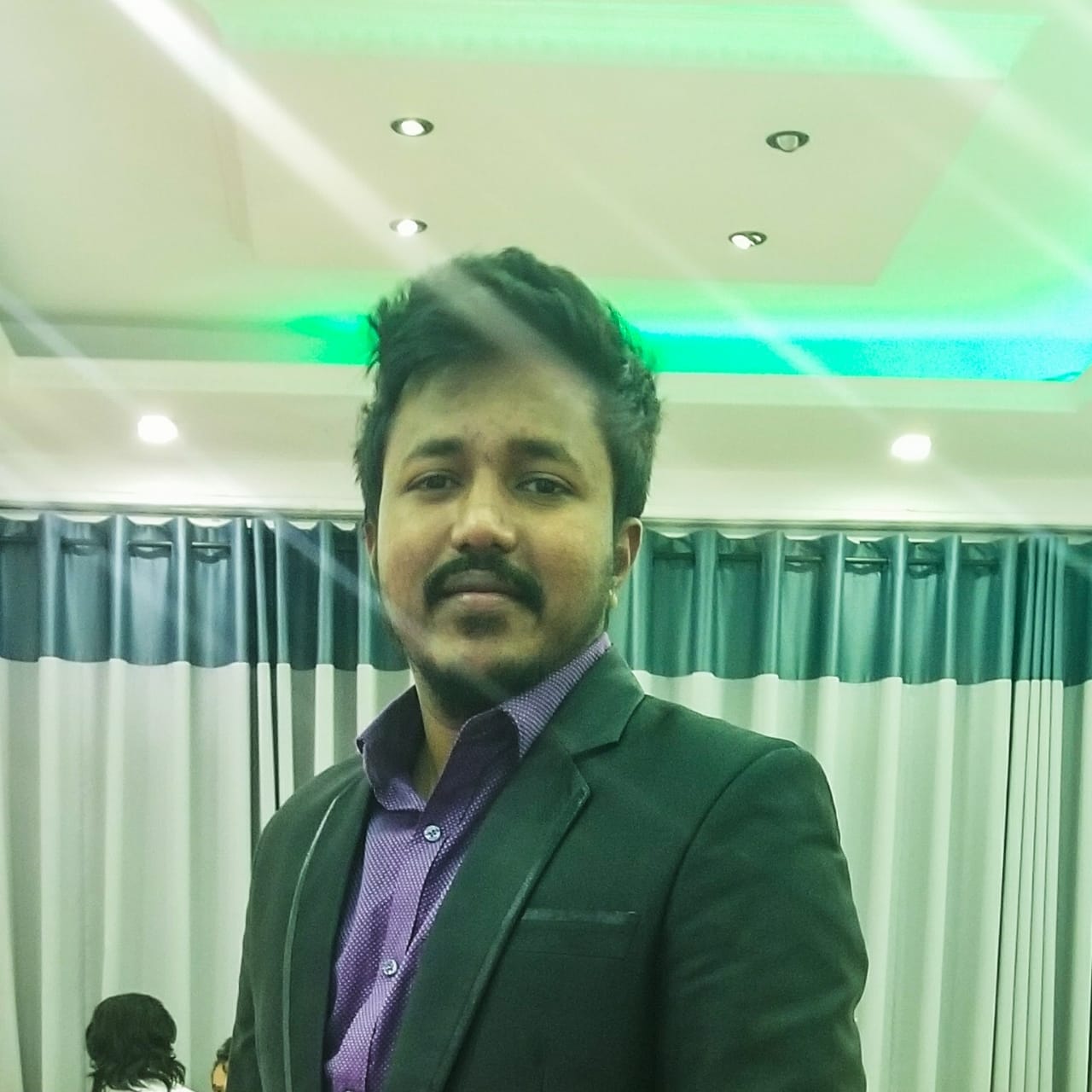
Samitha Hennayake
ARIS Resource Person
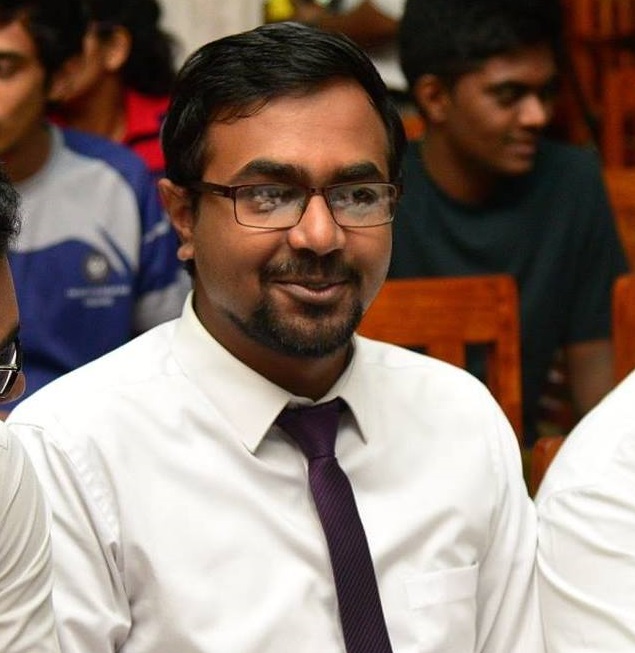
Chanuka Gunasekara
ARIS Contributor and Resource Person
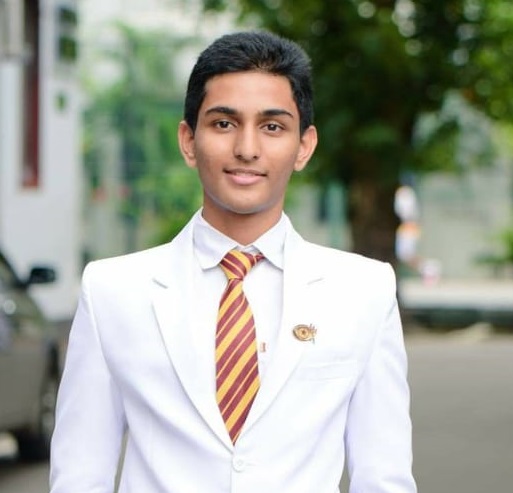
Trishan Ranaweera
ARIS Contributor and Resource Person
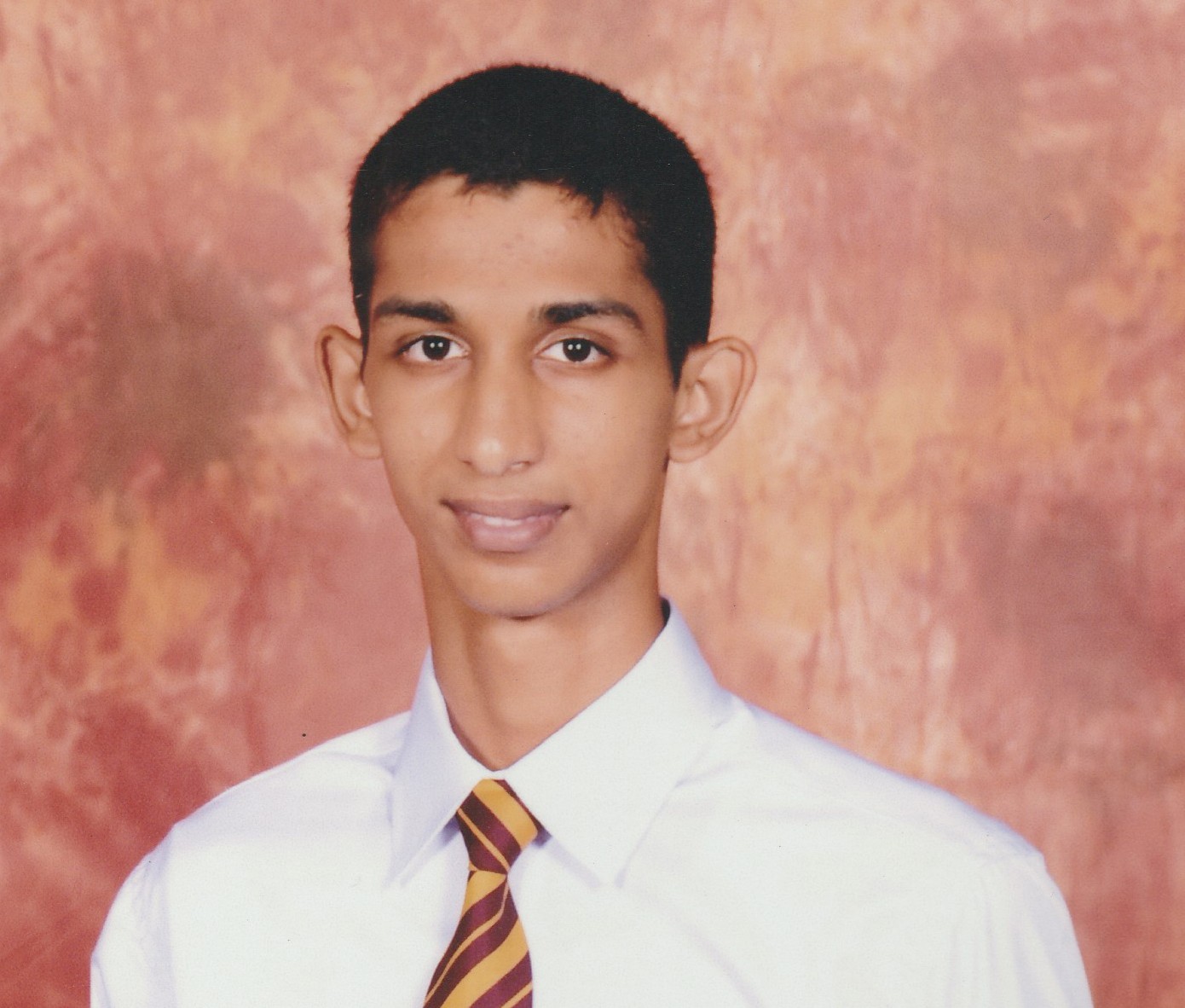
Geeneth Punchihewa
ARIS Contributor and Resource Person
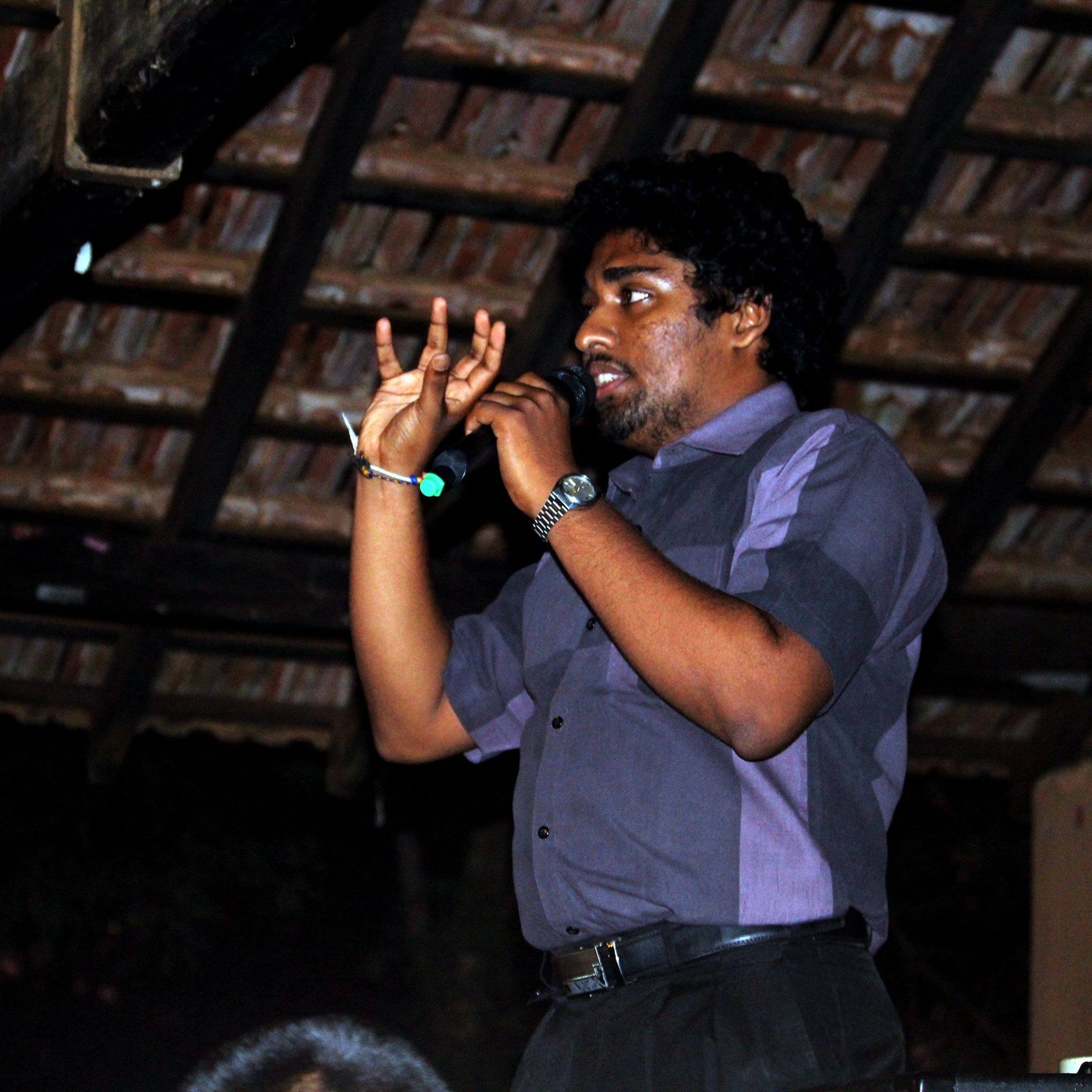
Shehan De Zoysa
ARIS Contributor and Resource Person
Frequently Asked Questions
What is ARIS?
ARIS stands for Astronomical Reasearch Institute, Sri Lanka, Which is founded by group of highly qualified young professionals under Celestia Group.
What does ARIS do?
We help young astronomers in Sri Lanka to find their path in astronomy.
Can I join ARIS?
Absolutely you can fill out the application form here. we will get back to you as soon as we can.
We want do a night camp in Our School? Does ARIS conduct Night Camps?
Absolutely. We conduct night camps workshops and any astronomy related events as long as the the event helps Sri Lankans to graw their knowleage in astronomy.
Is Pluto still considered a planet in 2019?
Pluto is a dwarf planet that lies in the Kuiper Belt, an area full of icy bodies and other dwarf planets out past Neptune. Pluto is very small, only about half the width of the United States and its biggest moon Charon is about half the size of Pluto.
What is the difference between astronomy and astrology?
Believe it or not, this is the most asked question that astronomers encounter. Many people do not understand the difference. In ancient times, they were considered one and the same. But the two disciplines were separated during the Age of Reason in the 17th century. Astrology is a practice of using the locations of the planets to look into a person's personality or predict the future. It is not a science and is considered a form of divination. By contrast, astronomy is the scientific study of the universe. Astronomers observe the objects in the night sky to try to determine their composition and learn more about the origin and structure of the universe.
Do I need an expensive telescope to enjoy astronomy?
Many people hesitate to get involved with astronomy because they believe it requires expensive equipment. The only thing you really need to enjoy the night sky is your eyes, a dark viewing location, and some patience. To get a better look at things, a pair of binoculars can provide a really good view. Many people will be surprised how many more stars and objects they can see with a decent pair of 10X binoculars. They collect much more light than the human eye and will bring much dimmer objects into view. You can even see Jupiter’s moons with binoculars. A simple camera tripod to steady the binoculars is also a good idea, since your arms can get tired very quickly.
Why can't I see very many stars at night?
If you live near a big city, you may not be able to see a lot of stars. The reason for this is light pollution. Dust and water vapor in the atmosphere reflects the bright city lights back down towards the ground. This “light pollution” tends to be brighter than some of the dim stars and other deep sky objects, essentially hiding them from view. To truly appreciate the night sky, you must get as far away from city lights as possible. There is no more beautiful sight then the band of the Milky Way stretching across a dark sky. We can all help to combat light pollution by convincing our local authorities to use more efficient light fixtures that shine the light on the ground and block it from going up into the sky.
Where does space begin?
Space is defined as the area above the Earth’s atmosphere. But there is no specific boundary since the atmosphere gradually thins out as you move farther away from the Earth. However, NASA awards astronaut status to anyone who flies above 50 miles (80 km).
How many stars are there in the universe?
The universe is unbelievably huge. There are billions of galaxies and each galaxy contains billions of stars. The latest estimates from astronomers say that there are a staggering 300 sextillion stars in the known universe. That is a 3 followed by 23 zeros, or 3 trillion times 100 billion. That represents several stars for every grain of sand on Earth.
Have additional questions?
Feel free to Join the discussion. Or reach out to us via, [email protected] or on Facebook.
